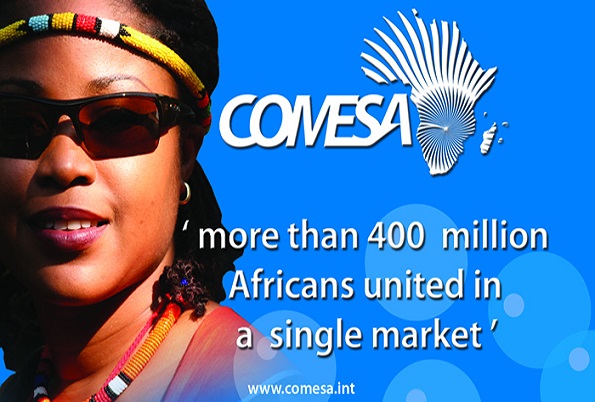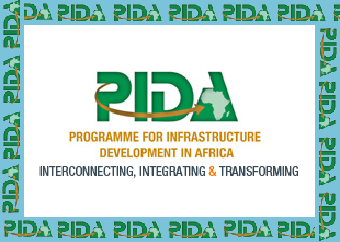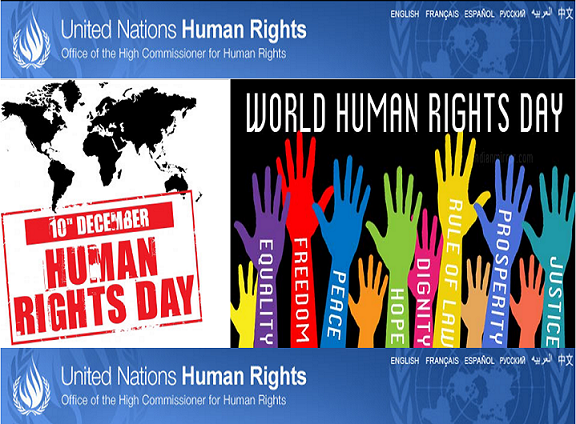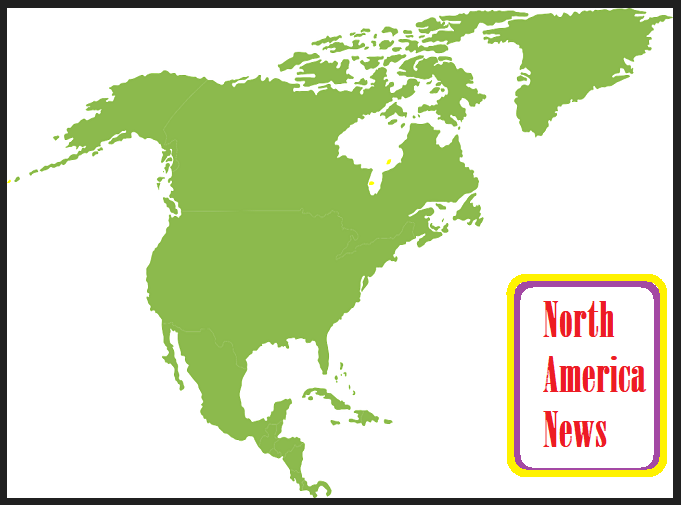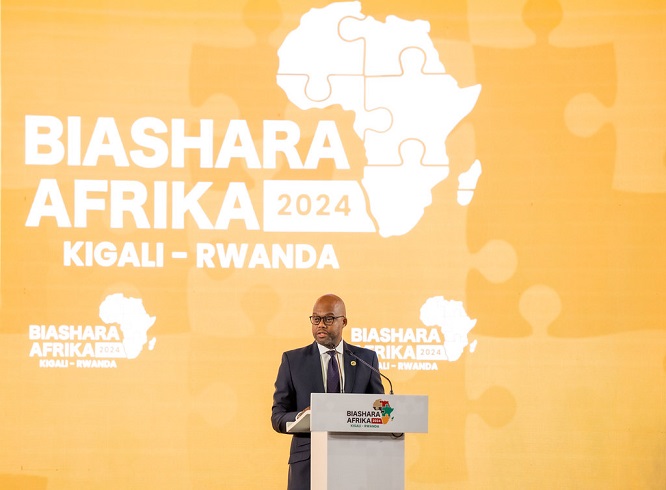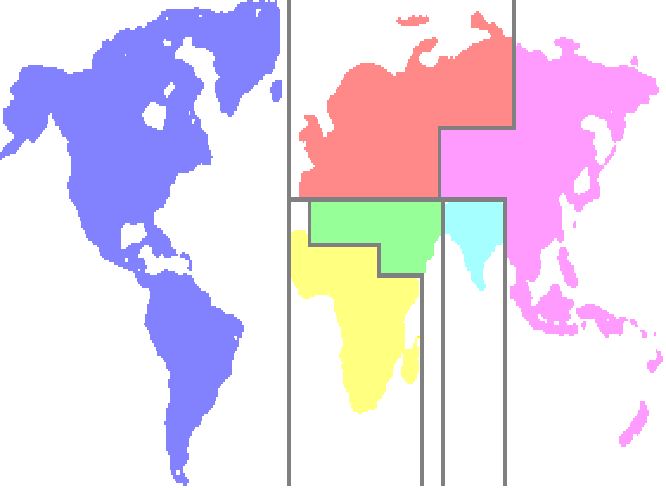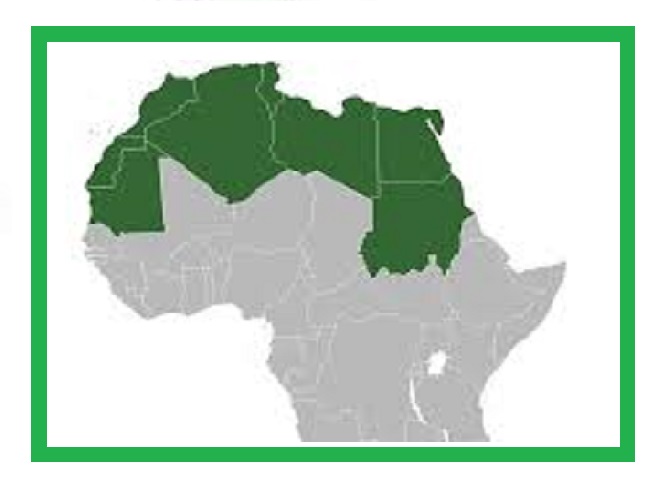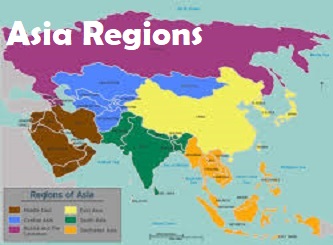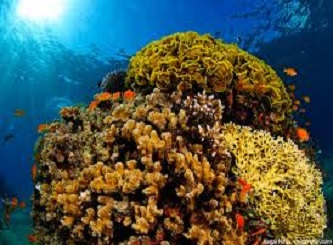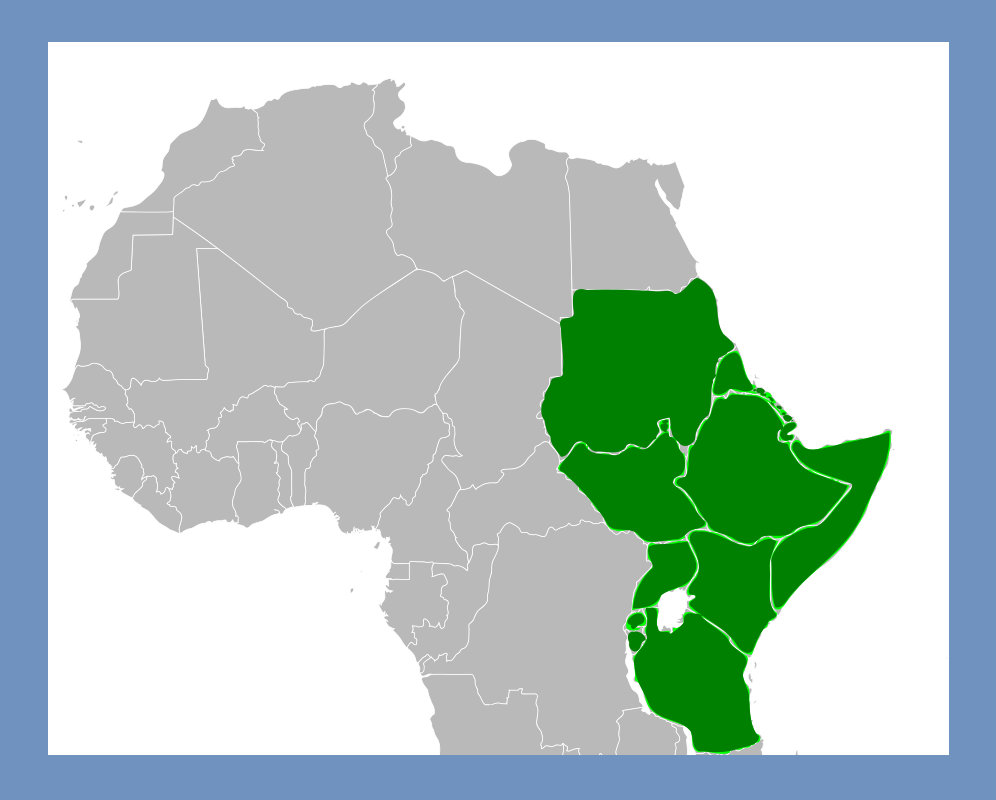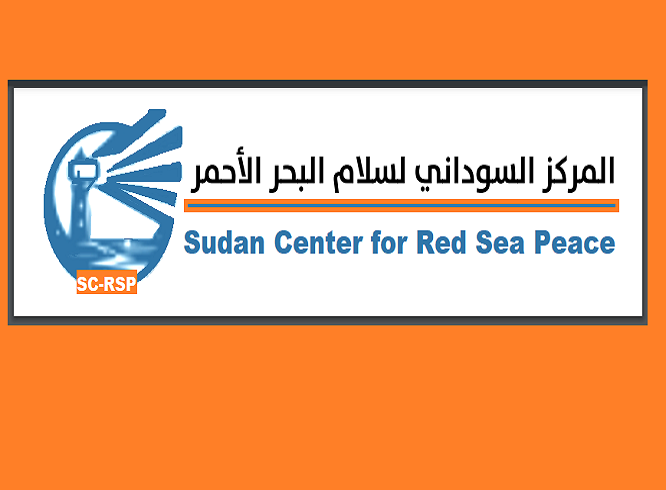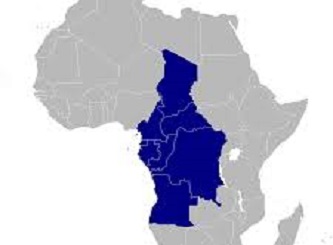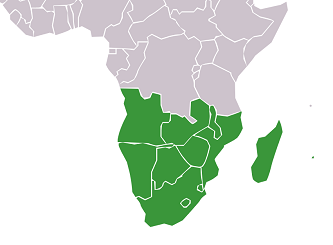What do you know about PIDA?

What do you know about PIDA?
By\ Mekki Elmograbi
The assembly of African heads of state and government on 26th May 2013 at African Union headquarters in Addis Ababa, was historical not just because it marked the Golden Jubilee of the African Union but also because it adopted the declaration of Africa’s long term national and continental development and technological transformation through a strategic planning and implementation process “Africa’s Agenda 2063”.
Nevertheless, the real challenge to Agenda 2063 is to translate political statements and commitments into concrete actions not just by envisioning several measures at regional and national levels but by integrating the targets of Agenda 2063 into planning and implementation levels.
Still we need “actions and programs” and also measurable achievements; here comes the importance of (PIDA); but what is (PIDA)?
It is the Program for Infrastructure Development in Africa with the objective to accelerate the implementation of regional and continental infrastructure by 2040 according to action plan comprises the 51 well-studied and well-prioritized programs and projects that designed to address infrastructure main concerns and deficits in four careers: energy, transport, ICT and trans-boundary water.
Figures and numbers can judge the implementation level especially when it comes like this “PIDA will implement short-and priority projects until 2020, medium-term projects between 2020 and 2030, and long-term projects between 2030 and 2040”
Africa is aware of its challenges, one of them is the vital need of partners; it is worth mentioning that NEPAD, which is the New Partnership for Africa’s Development, was adopted by African governments of the Organization of the African Unity (OAU) in 2001 and was ratified by the African Union in 2002.
This means there is a comprehensive development framework which is NEPAD, and there specific programs on infrastructure which is PIDA.
Before PIDA and NEPAD, about six initiatives paved the way to establishment of these Pan-African frameworks and programs on a strong foundation and unanimous political and economic concepts.
The initiatives were: “the Lagos Plan of Action (1980), the Final Act of Lagos (1980), Africa’s Priority Program for Economic Recovery (1986-1990), the African Alternative Framework to Structural Adjustment Program (1989), the African (Arusha) Charter for Popular Participation and Development (1990), the Abuja Treaty (1991) and the Cairo Agenda (1994) amongst others”.
Read on: Sudan Vision
http://news.sudanvisiondaily.com/article.html?rsnpaid=2547


